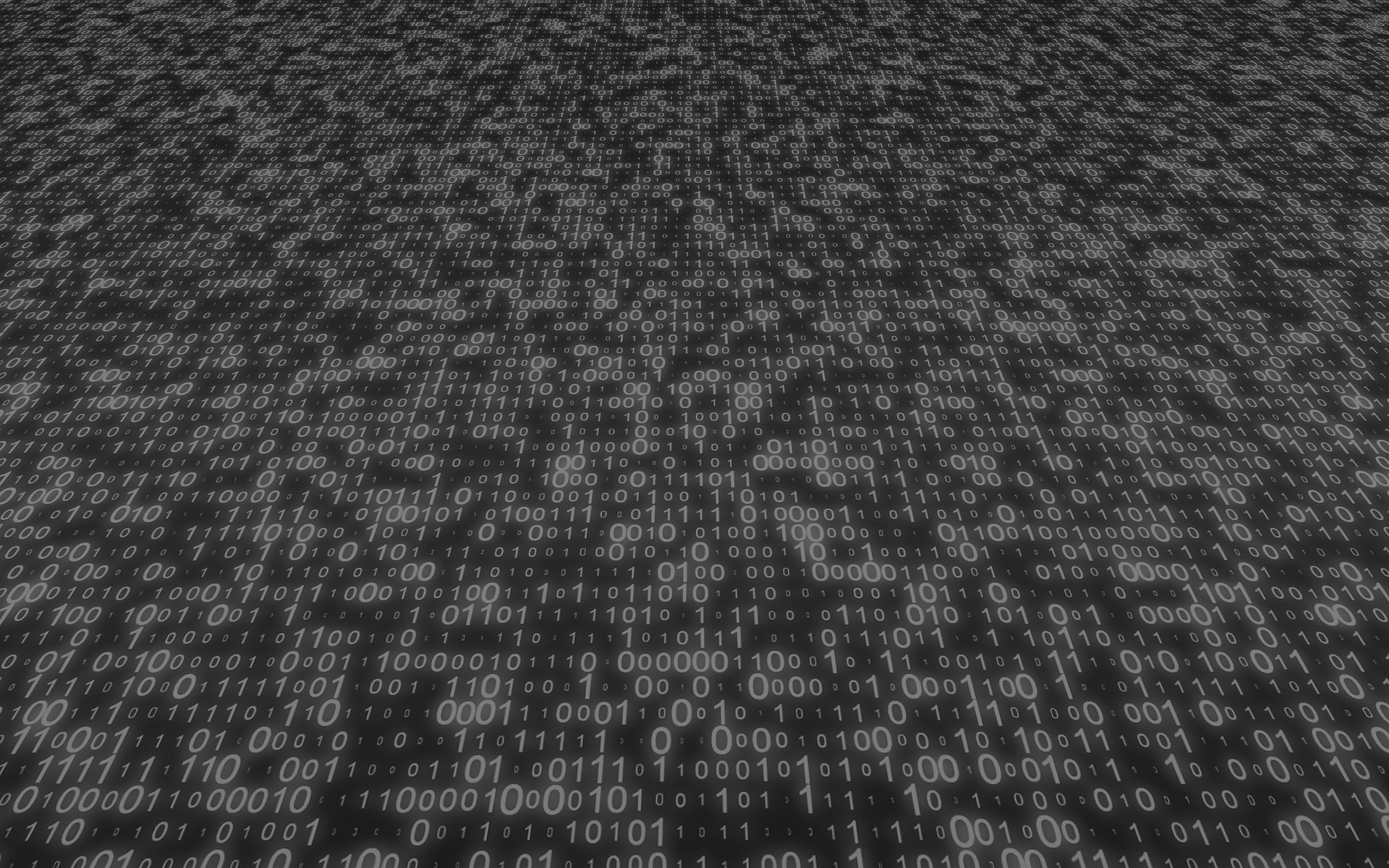On 1 December 2022, the Government Legislation Center published a draft act amending the Polish VAT Act regarding the National System of e-Invoices (Pol. KSeF), which is to introduce the obligation to issue structured invoices from 1 January 2024.
The publication of the draft act in question begins the second stage of the implementation of the KSeF.
What are the main assumptions of the draft, which will enter into force on 1 January 2024?
The key change is the obligation to issue structured invoices for taxpayers with a registered office or permanent place of business in Poland – both for active and exempt VAT taxpayers: from 1 January 2024.
The project also provides for the following solutions:
- voluntary issuance of structured invoices for other taxpayers, i.e. those conducting business activity in Poland, but not having their seat of business activity or fixed establishment here;
- structured invoices will not apply to entities using special OSS and IOSS procedures;
- transactions covered by structured invoices – transactions: B2B, B2C, B2G, transactions documented with a simplified invoice, corrections of transactions and (voluntarily) VAT-RR invoices (agricultural flat rate), as well as corrections to them;
- during the failure of the KSeF system: the taxpayer will be obliged to issue invoices in the XML format outside the system – after its restoration within 7 days from the end of the failure, it will be necessary to enter them;
- transactions documented with invoices from cash registers:
- the possibility of issuing invoices using cash registers until the end of 2024;
- from 1 January 2024, a simplified invoice up to PLN 450 will have to be issued directly to KSeF (a receipt with a tax identification number up to PLN 450 will no longer be considered an invoice);
- correction invoices:
- issued after the entry into force of regulations – regardless of whether they were issued using the KSeF or outside the KSeF – are to be issued in the KSeF;
- correcting invoices in minus will be settled on an ongoing basis;
- introducing a functionality consisting in proposing a correcting invoice to the seller regarding the elements of the original invoice;
- shortening the deadline for refunding VAT surplus to 40 days (instead of 60 days);
- no need to issue duplicate invoices – invoices will be stored in the system for 10 years;
- the date of issue of a structured invoice is the date of sending it to KSeF;
- the date of receipt of the structured invoice is the date of assigning the KSeF number to this invoice. This date is visible to the recipient of the e-invoice in the system;
- in the event of a KSeF failure, filling in the P1 field “issue date” by the taxpayer in the invoice template will be considered as issuing the invoice on the date indicated by the taxpayer in this field. The date indicated by the taxpayer in field P1 will also be accepted and will appear in the KSeF identification number, which will be assigned after its entry into the KSeF system, after the end of the failure;
- sanctions:
- the fine will not be less than PLN 1,000 – if the taxpayer fails to issue a structured invoice or issued it contrary to the template provided;
- if the taxpayer fails to send the invoice to the KSeF on time – the sanction will be no less than PLN 500;
- to applied from 1 July 2024;
• The Ministry of Finance offers a free application for KSeF: https://www.podatki.gov.pl/ksef/aplikacja-podatnika-ksef-i-inne-narzedzia/.
Author: Piotr Błaszczyk



